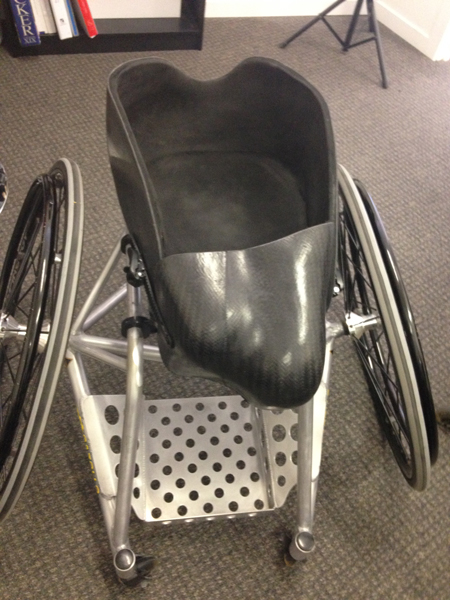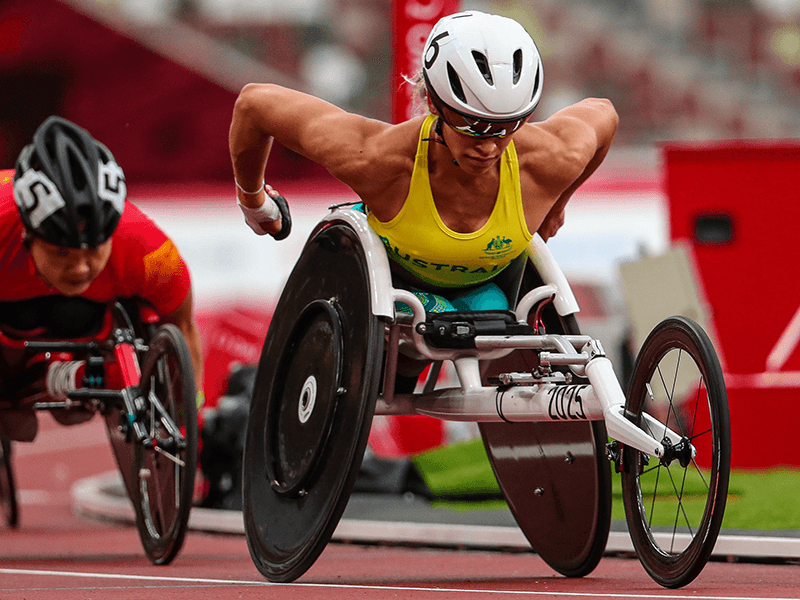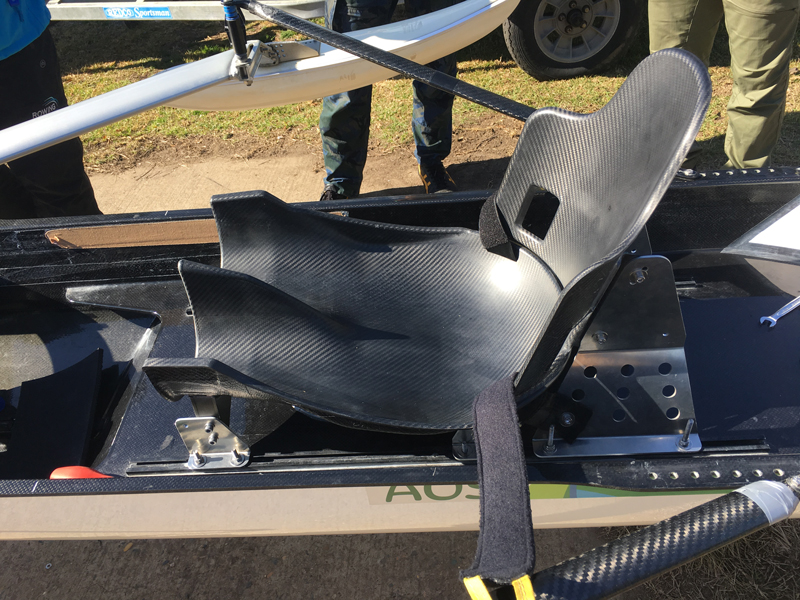The Australian Institute of Sport (AIS) Engineering team supports the sports, athletes and coaches through the development and delivery of customised technology and equipment.
The devices and equipment that are produced do not exist commercially, and the development processes that are employed provide a personalised solution for each athlete.
The team engage athletes and coaches to understand the subject of their requirement. Athletes may need an entirely new piece of equipment, or they may need equipment modified or reproduced to facilitate superior performance. Strengthening the AIS Engineering team’s capability is a collaborative approach to project delivery through partnerships with Paralympics Australia and other relevant expertise. The result is an engineering service second to none in the high performance sport system.
Computer aided design is used for most projects, along with producing equipment using additive and subtractive manufacturing techniques.
Key custom projects
- Wheelchair for Dylan Alcott
- Knee joint adapters for world champion sprinter and long jumper Vanessa Low
- Seats for rowing, wheelchair tennis, rugby and wheelchair basketball
- Aerobar extensions for triathletes
- ‘Grips’ for shooting and archery.
Case Studies
Data Technology
The AIS Data Technology team seek to empower coaches, athletes and support staff to find insights via data.
They work with sports to enhance their collection, storage, analysis and delivery of performance data. With customised approaches to seek to put actionable intelligence in the hands of decisions makers be it in the daily training or competition environment.
In the lead-up to Tokyo Olympic Games the team have built various tools to enable coaches and sports scientists to monitor training and analyse performance during competition. These tools impact performance in a variety of ways including:
- Improving the physiological adaptation of athletes by providing real-time feedback to coaches, revealing tactical signatures of our competitors through race analysis
- Providing environmental analysis to help plan our Tokyo campaign.


